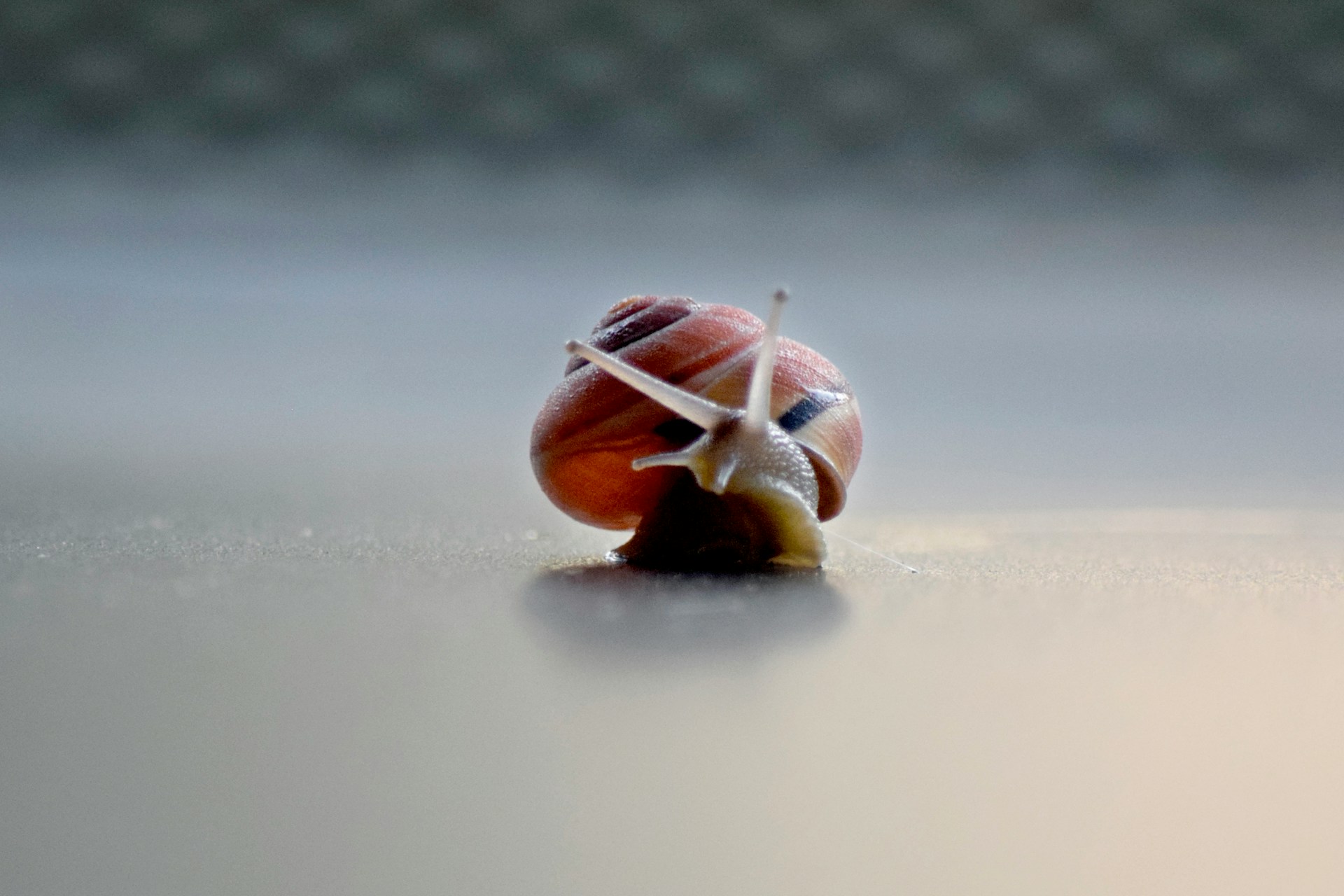The Benefits Of Slow Living: A Journey To Mindfulness & Inner Peace
- by XpatAthens
- Wednesday, 16 October 2024

Slow living is more than just a trend—it’s a lifestyle rooted in ancient cultures, particularly in Greece, where the concept of living in the moment has been part of daily life for centuries. From the unhurried conversations at a local kafeneio (café) to the slow, deliberate preparation of food, Greeks have long embraced the art of taking their time. This cultural tradition of slowing down has not only fostered stronger communities but has also been a path to a more fulfilling and conscious life.
In today’s fast-paced world, many of us feel overwhelmed by the demands of modern living. The pressures of work, constant connectivity, and the need to “do more” have disconnected us from our inner selves and the world around us. Slow living, however, offers a refreshing alternative—a return to mindfulness, intentionality, and deeper connections.
What is Slow Living?
At its core, slow living is about living intentionally, focusing on what truly matters, and being fully present in each moment. It’s about slowing down your pace to savor life’s simple pleasures—whether that’s enjoying a quiet cup of tea, taking a walk in nature, or having meaningful conversations. Unlike the rush of modern life, slow living encourages you to reduce distractions and create a life that aligns with your values, desires, and inner peace.


The Benefits of Slow Living
- Mindful Presence and Inner Peace One of the most profound benefits of slow living is cultivating mindfulness. By consciously slowing down, you begin to experience the world in a deeper, more present way. This helps quiet the mental chatter that often accompanies a busy lifestyle, reducing anxiety and promoting inner calm. Practices like mindful eating, where you savor each bite and appreciate the food in front of you, can transform mundane activities into moments of gratitude and joy.
- Enhanced Emotional Well-Being The constant pressure to keep up with societal expectations can take a toll on mental health. Slow living invites you to step off that treadmill, reducing the strain of perfectionism and competition. By embracing a slower, more deliberate pace, you’ll find more space for emotional self-care, reflection, and self-compassion. This lifestyle fosters emotional resilience, allowing you to handle life’s challenges with greater ease and a balanced mind.
- Stronger Connections with Others In Greek culture, slow living often manifests in the form of long meals shared with family and friends. These moments of connection, away from distractions, are central to well-being. Slow living encourages deeper relationships by creating space for more meaningful interactions. Instead of rushing through conversations, you take time to listen, to engage, and to be truly present with loved ones—fostering stronger emotional bonds.
- A Deeper Connection with Nature Nature has always been a source of spiritual nourishment, and slow living encourages us to reconnect with the natural world. By taking the time to walk in nature, garden, or simply sit outside and enjoy the breeze, we not only reduce stress but also realign ourselves with the rhythms of the earth. This connection to nature offers a grounding experience, helping us to feel more centered and at peace with the world around us.
- Increased Creativity and Productivity Contrary to what some might think, slowing down doesn’t mean being unproductive. In fact, taking a step back often allows for greater creativity and more focused work. By eliminating distractions and giving yourself the time to think, reflect, and create, you become more attuned to your inner thoughts and inspirations. The space slow living creates can lead to bursts of creativity and more intentional, high-quality work.
- Simplicity and Minimalism Slow living naturally leads to a more minimalist approach to life. By focusing on what truly brings joy and value, you’ll find yourself drawn to simplicity. This might mean decluttering your home, simplifying your schedule, or cutting back on unnecessary commitments. The result is more freedom, less stress, and a life that feels lighter and more aligned with your true self.

How to Embrace Slow Living in Your Own Life
- Set Boundaries with Technology Technology is one of the biggest contributors to the frantic pace of modern life. To embrace slow living, consider setting boundaries around your use of devices. This could mean designating certain hours as screen-free or creating tech-free zones in your home. By reducing digital distractions, you’ll create more space for mindfulness and meaningful experiences.
- Prioritize What Matters Slow living is about aligning your life with your values. Take time to reflect on what truly matters to you—whether it’s spending more time with family, nurturing a hobby, or simply having time to rest. Prioritize these things, and let go of the rest. When you focus on what brings you joy and fulfillment, the quality of your life improves dramatically.
- Practice Mindful Routines Even on the busiest of days, there are opportunities to slow down. Whether it’s preparing a meal with care, enjoying a mindful walk, or setting aside time for meditation, these small acts of mindfulness can make a big difference. Integrating these practices into your routine helps cultivate a sense of peace and presence, no matter how hectic life gets.
- Embrace Imperfection Slow living isn’t about doing everything perfectly—it’s about being kind to yourself and accepting that life doesn’t have to be rushed or flawless. Embrace the imperfections, the slower pace, and allow yourself the space to breathe, grow, and evolve.

In a world that often demands more, slow living offers a much-needed pause—a way to reconnect with yourself, your loved ones, and the world around you. Rooted in Greek tradition and embraced by people seeking mindfulness today, this lifestyle nurtures emotional well-being, fosters creativity, and leads to a deeper sense of fulfillment. By slowing down, you’ll discover that life’s richest moments are often found in its simplest pleasures.


